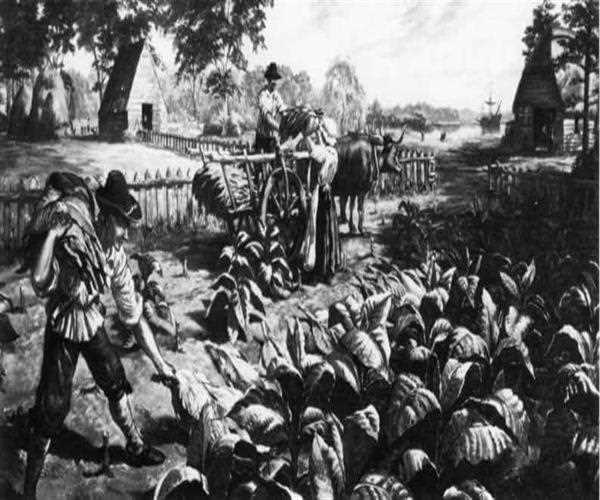*First Colonial Industry*

The mid-1600s saw the start of an awesome tide of displacement from Europe to North America. Resettlement from England regularly was not straightforwardly supported by the legislature but rather by private gatherings of people whose main thought process was benefited.
The principal English province was established at Jamestown, Virginia, in 1607. Early settlements created in New England, in the Middle Colonies and the Southern Colonies. In 1620, the Pilgrims landed on theMayflower and established Plymouth Colony in Massachusetts. In 1681, William Penn, a well-off Quaker, got an expansive tract of land, which wound up known as Pennsylvania. To help populate it, Penn effectively enlisted foreigners, among them numerous religious nonconformists, e.g. Quakers, Mennonites, Amish, Moravians, and Baptists. The primary German people group was set up in Pennsylvania in 1683. By 1733, thirteen English provinces had been set up along the Atlantic Coast.
Most exiled people left their countries to escape political abuse, to look for the flexibility to rehearse their religion, or for experience and openings denied them at home. Most pilgrims were English, yet there were likewise Dutch, Swedes and Germans, a couple of French Huguenots and a scrambling of Spaniards, Italians, and Portuguese. Barely any homesteaders could back the cost of entry and sometimes, they came as obligated hirelings, consenting to fill in as contract workers temporarily. In different cases, the costs of transportation and upkeep were paid by colonizing offices. The primary African slaves were conveyed to Virginia in 1619. At first, numerous were viewed as contracted hirelings who could acquire their opportunity. By the 1660s, in any case, Africans were conveyed to America in shackles for a lifetime of automatic subjugation.
The financial and social structures in New England and the center provinces varied from those of the southern settlements. New England has by and large thin, stony soil and long winters, making it hard to bring home the bacon from cultivating. Swinging to different interests, the New Englanders saddled water control and built up grain plants and sawmills. With the greater part of the early pioneers living in towns and towns around the harbors, numerous New Englanders carried on some sort of exchange or business. The ocean turned into a wellspring of incredible riches.
Society in the center provinces was more shifted and cosmopolitan than in New England. Before the finish of the eighteenth century, 30,000 individuals lived in Philadelphia, speaking to numerous dialects, beliefs, and exchanges. Despite the fact that the Quakers ruled in Philadelphia, somewhere else in Pennsylvania others were all around spoke to. Germans turned into the settlement's most adroit ranchers. Imperative, as well, were bungalow businesses, for example, weaving, shoemaking, cabinetmaking and different artworks. The Scots and Irish tended to settle in the boondocks, where they cleared land and lived by chasing and subsistence cultivating.
The southern settlements were transcendently country. In Virginia and Maryland, the grower, bolstered by slave work, held the greater part of the political power and the best land. In the meantime, yeoman agriculturists, who worked little tracts of land, sat in well-known gatherings and discovered their way into political office. Charleston, South Carolina, turned into the main port and exchanging focus of the South. Though Virginia was bound to a solitary yield - tobacco-, North and South Carolina additionally sent out rice and indigo.
By the mid-eighteenth century, pilgrim councils held two huge forces: the privilege to vote on charges and consumptions, and the privilege to start enactment instead of only follow up on recommendations of the representative. The assemblies utilized these rights to check the energy of regal governors and to pass different measures to grow their energy and impact. In time, the focal point of pioneer organization moved from London to the commonplace capitals.
Cheers!